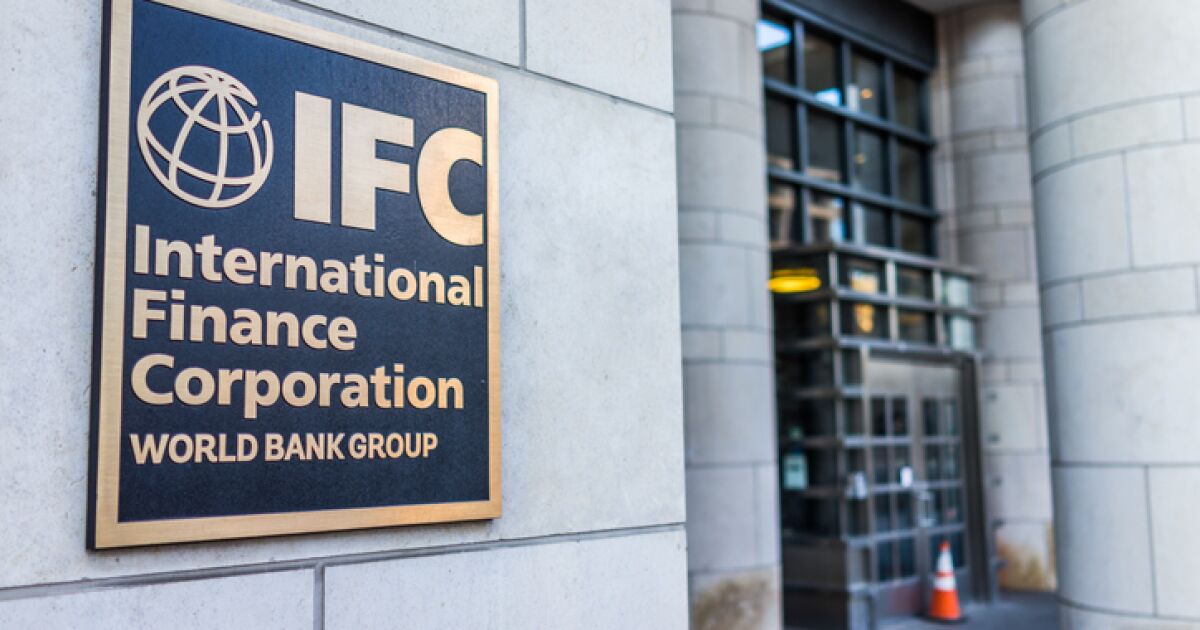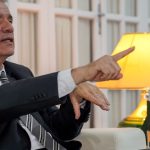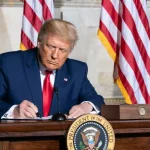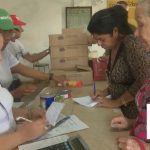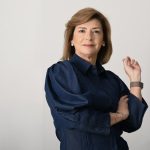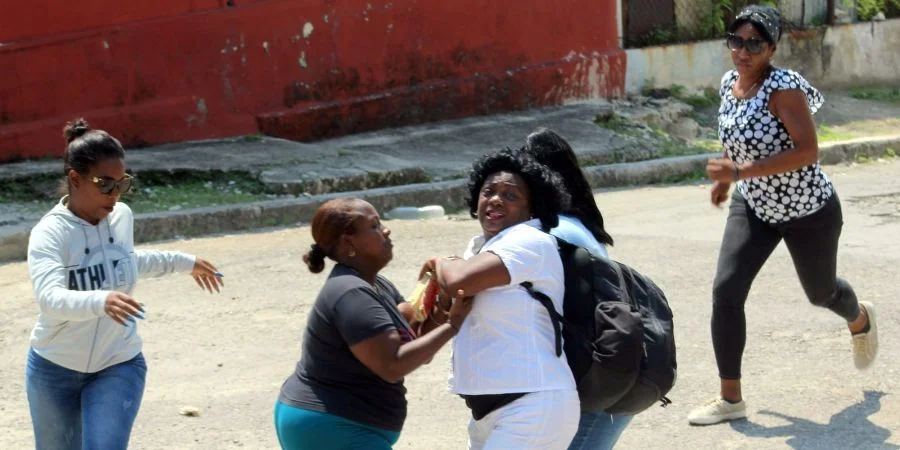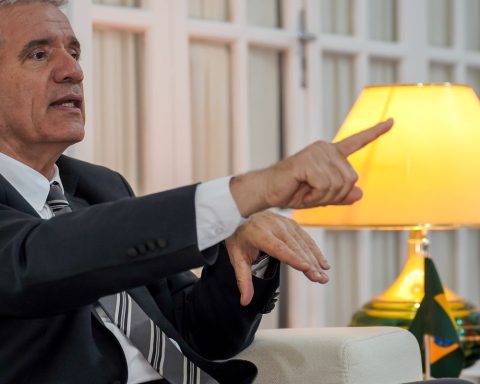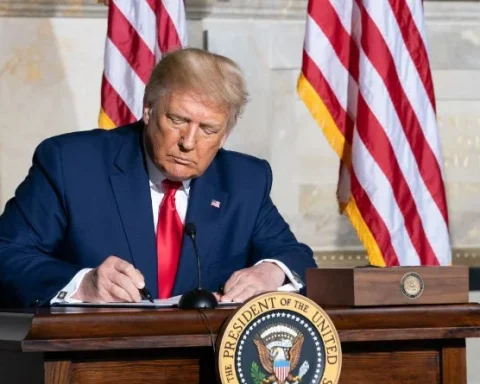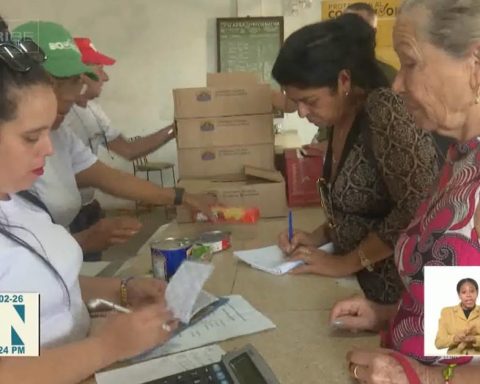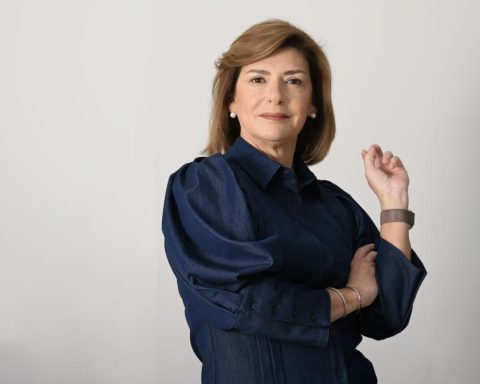This is largely due to internal reforms undertaken by World Bank President Ajay Banga to speed up lending across the group, including the IFC, whose investments are aimed at stimulating growth and reducing poverty in developing countries.
“In addition to streamlining processes, IFC has also decentralized decision-making, allowing field-based directors to take greater responsibility for the use of funds in their area.
Looking ahead to the financial year ending in June 2025, Diop expects a further increase, aiming for $62 billion, and for the lender to focus more of its efforts on infrastructure, especially roads and transport, and working with sub-sovereign entities such as municipalities.
“Municipalities are often not the best placed to structure operations and establish public-private partnerships (PPPs),” Diop said.
“If you can work with them and develop a good portfolio of PPPs and help them deliver school and health services, which are their responsibility, help them have much greener cities (…) you can get a huge amount of investment that is needed there.”
Diop also said he wanted to increase equity investments, moving further away from traditional loans and bonds, possibly even as a lead investor helping to take companies public on their domestic stock exchanges. However, the IFC would have to consider what this could mean for its coveted AAA rating, as equity investments carry more risk than debt exposure.
“One of the goals I see in the equity business is to start investing in companies, to have equity in them, to prepare them to be listed on the stock exchange, so that we can go public and maybe exit when they are listed,” Diop said.
